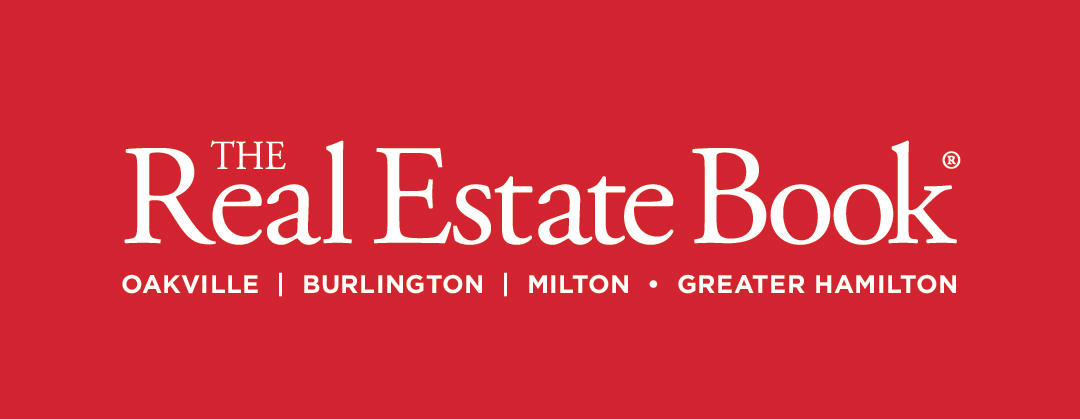For the average person, trying to anticipate what’s coming next in the real estate market is like trying to predict the weather in April. And deciding whether to invest in real estate in today’s market can be even more confusing. Our real estate experts share great advice on the risks and rewards of residential rental properties and what to watch for when making the leap to becoming a landlord.
“Owning real estate is becoming very difficult for many people,” says Mitchell Raleigh from Engel & Völkers Oakville, “but savvy investors see the current market as an opportunity and are getting creative.” And by creative, Mitchell means how they spend their money and what they do with the property.
Types of Rentals
Today’s investors will need to consider what sort of rental unit they want to purchase and how they will make enough money each month to cover their mortgage and expenses. If they’re limited to a 20% down payment, they may need to think outside the box to create more cash flow.
For example, a $1 million home today will require a $200,000 down payment with a monthly mortgage of approximately $5,100 at 6% interest over a 25-year amortization period. As an investor, consider whether you can create a basement apartment. Or if the home can be converted into a duplex or triplex. Factor in all your renovation costs while making your decision about a property.
“Look for areas where there are new developments,” advises Mitchell. “Some areas are up-and-coming, so get in now while prices are still reasonable. Put in the sweat equity and fix a place up. Can you renovate and add a second dwelling to maximize your ROI (return on investment)?” Mitchell stresses the importance of planning and doing your research. An investment property is a massive purchase requiring time, effort, and a long-term plan.
Short-term rentals are still popular, depending on your location. In some municipalities, the bylaws state that a short-term rental is only legal in your primary residence. In other words, you are legally allowed to rent your home for a short period if you are away, or you can rent a room or separate unit like a basement suite.
Risks to Consider
As much as a rental property can be quite lucrative, it does come with risks. Be sure to buy in an area you’re familiar with or spend time researching.
Determine how available you will be for repairs and renter turnover. Short-term rentals require more frequent cleaning and maintenance, so you must decide whether to manage this yourself or hire a property management company. The first option costs time, while the second costs money.
Buying without a long-term strategy can also create risks for the investor. “This is not a climate for flipping houses,” explains Mitchell. “You’re not going to see the return if you need to sell quickly. In this market, you need to plan for the long term.”
Rewards to Explore
Housing prices are much lower than a year ago, and interest rates are predicted to drop, so the best time to buy is now. And with a variable mortgage, as rates go down, more cash flow becomes available.
Rental properties provide a steady monthly cash flow and significant income in the long term. Rental income is taxable, but you can deduct rental expenses, mortgage interest, insurance, and maintenance costs.
“While annual appreciation cannot be guaranteed, historically real estate appreciates over time and has created significant wealth for many Canadians,” Mitchell says.
The prospect of buying rental property can seem daunting, so surrounding yourself with the right team is the key to success. Be sure to engage with a realtor and a mortgage broker who understand the rental market and discuss significant purchases with your financial advisor.
All decisions come with a level of risk, but with risk comes great reward.
By Julie Achtermeier




